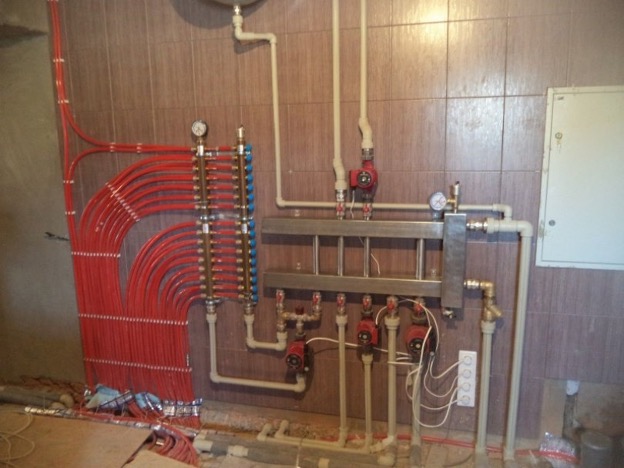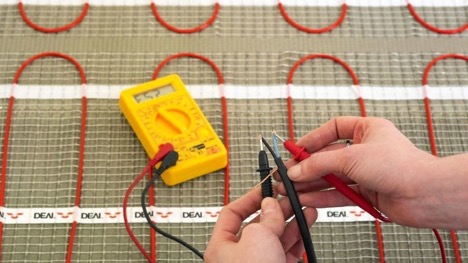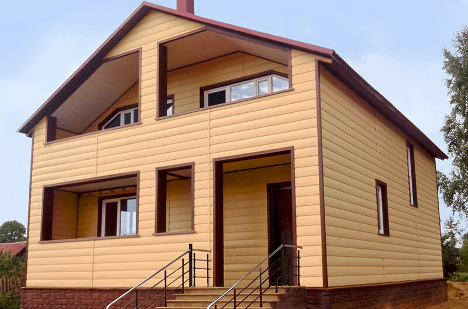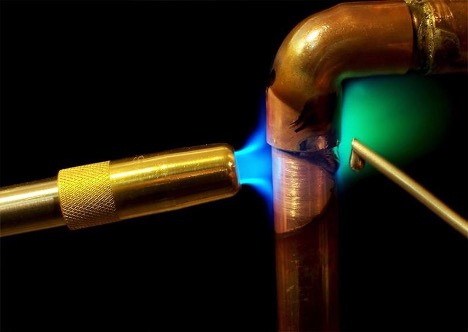Connecting a heated floor to electricity: do you need to ground it?
Connecting underfloor heating to your home's electrical system is an important step that requires special attention to detail and compliance with safety precautions. During the installation process, the question arises about the need for grounding. Understanding the basics of electrical safety and proper wiring will help ensure the longevity of the system and its safe use.

The content of the article
Do underfloor heating need to be grounded?
Grounding a heated floor is a mandatory safety measure. Electric heating systems, including underfloor heating, operate at high temperatures. They are also exposed to constant electrical voltage. Grounding prevents the risk of electric shock and short circuit. This is especially true in rooms with high humidity, such as bathrooms. Without grounding, the likelihood of life-threatening situations increases. Especially if the heating system becomes damaged or wears out.
The rules for installing heated floors clearly regulate the need for grounding. According to electrical safety standards, all electrical devices that can create thermal radiation must be reliably grounded. This requirement is based on the requirements of the PUE (Electrical Installation Rules) and is an integral part of the installation process.Failure to do so may result in serious consequences, including the possibility of fire and electric shock.
Connection options: heated floor from an outlet
Sometimes the question arises whether it is possible to connect a heated floor to an outlet. Technically this is possible, but such a connection must be made in compliance with all rules and regulations. It is important to consider the power of the heated floor and the characteristics of the electrical network. Connecting to an outlet can be a convenient solution for low-power underfloor heating systems.
Before choosing this connection option, you must ensure the following:
- The socket provides sufficient power to operate the heated floor.
- The electrical wiring in the house complies with safety requirements.
- The socket is equipped with a grounding contact.

RCD for underfloor heating for additional safety
A residual current device (RCD) for underfloor heating is a critical element that provides additional safety. The RCD is designed to instantly cut off the power supply if a current leak to ground is detected, which may occur due to insulation damage or other system faults. This is especially important in environments where electric heating systems are used, as moisture and elevated temperatures increase the risks of short circuits and electrical shock.
The use of RCDs in underfloor heating systems is not just a recommendation, but is subject to strict safety standards. In accordance with the rules for installing electrical equipment, the presence of an RCD is considered a prerequisite for preventing emergency situations.It serves as an additional guarantee of safety, minimizing the possibility of fires and electrical injuries to users. Thus, the RCD performs an important function of protecting not only the heating system, but also the health and life of people.
Ignoring the installation of an RCD in a heated floor system is a violation of technical safety standards and can lead to serious consequences. In the event of an accident or emergency, the absence of an RCD significantly increases the risk of injury and property damage. It should also be taken into account that the use of an RCD in combination with proper grounding provides comprehensive protection of the system, which is a mandatory requirement of modern electrical safety standards.
Expert recommendations
Is it possible to power a heated floor from an outlet - a question that requires attention to detail. Experts advise adhering to the following recommendations:
- use a grounded outlet;
- check the total load on the electrical network to avoid overloads;
- Consult a qualified electrician before making connections.
Conclusion
In conclusion of the article about connecting a heated floor to electricity and the need to ground it, the following key points can be emphasized:
- Grounding a heated floor is not just a recommendation, but a mandatory safety requirement. This requirement is supported by regulatory documents and Electrical Installation Rules (PUE). Grounding reduces the risk of electrical shock and short circuits, especially in areas with high humidity.
- Installing a residual current device (RCD) for underfloor heating systems is an additional, but extremely important safety measure.The RCD ensures immediate power shutdown when a current leak is detected, preventing possible emergencies, fires and electrical injuries.
- Ignoring the requirements for grounding and installing an RCD in a heated floor system is a serious violation of technical safety standards. Such neglect can lead to unforeseen and dangerous consequences, including risk to human life and health, as well as damage to property.
In general, compliance with the specified safety measures when connecting a heated floor to the electrical network is a prerequisite for ensuring reliable and safe operation of the heating system.





